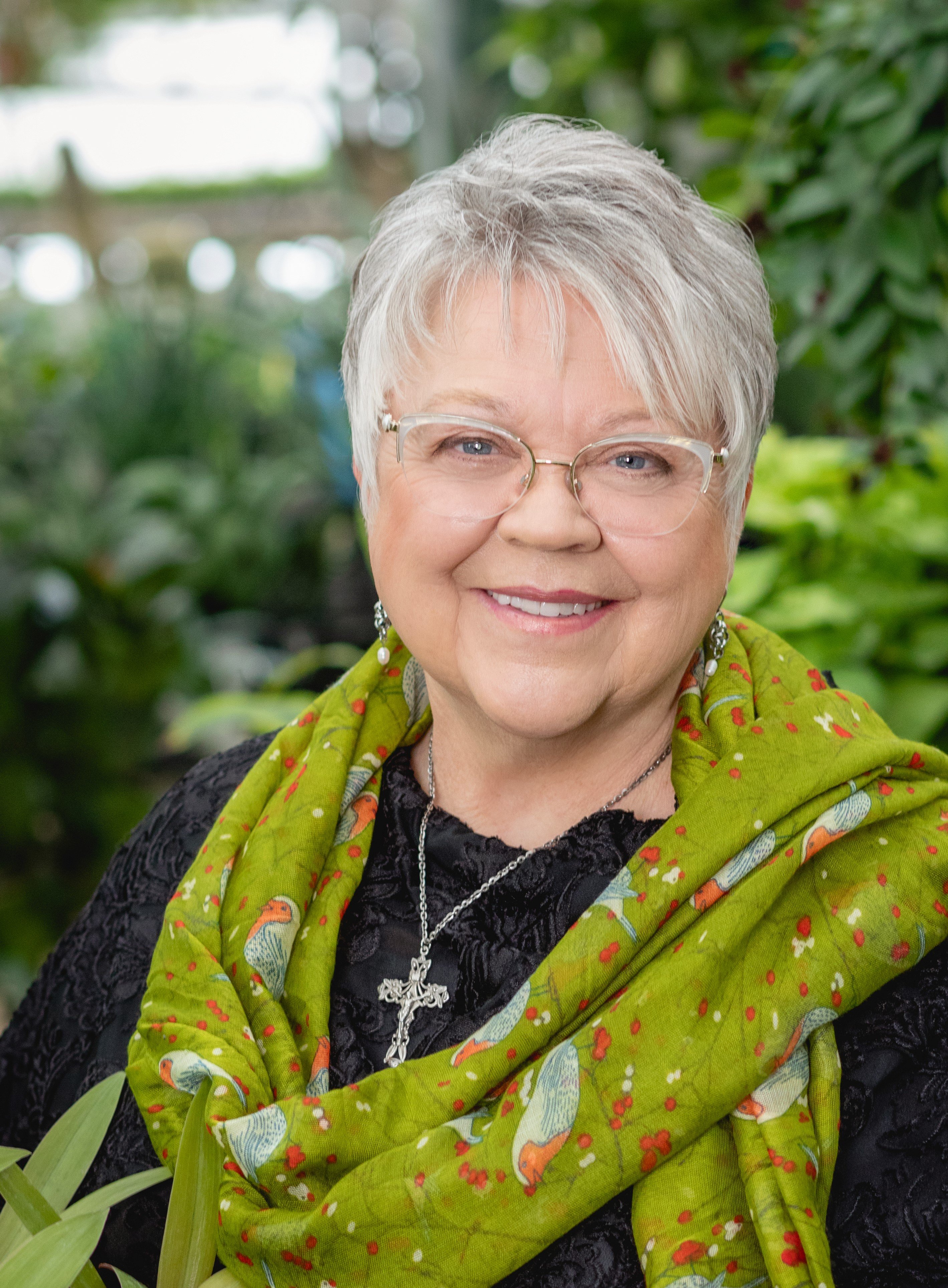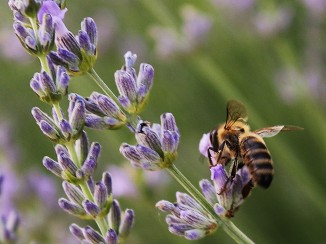Have you begun vegetable gardening? Me? Not for another 60 days. My big-garden days are over. I still include a couple tomato plants, pole beans, and bush zucchinis among my remaining border beds.
A decade ago the fruit set was about a third more than it is today. Extra plants are needed to get the same amount of food. The issue is not with the cultivars, and the problem is pretty straight forward—no bees.
And no bees, no food.
It doesn’t matter if you’re growing in containers on a patio or running a multi-million dollar farm. Without pollinators—I’m talking about insects—fertilization and fruitfulness doesn’t happen. No apples or oranges, no cucumbers or tomatoes.
A virulent insecticide known as neonicotinoid (pronounced, nee·ō·nic·ō·te·noyd) became internationally used at the turn of this century. Shortly after its introduction efforts were made to remove it.
The use of some members of this class has been restricted [or eliminated] in some countries due to some evidence of a connection to honey-bee colony collapse disorder [this insecticide breaks down the bee’s immune system so they are no longer resistant to common viruses]. In January 2013, the European Food Safety Authority stated that neonicotinoids pose an unacceptably high risk to bees, and that the industry-sponsored science upon which regulatory agencies' claims of safety have relied may be flawed.
Organic Gardening writer Jean Nick shared that over 50% of plants at big-box stores are contaminated with this insecticide. What’s worse, the retailers are marketing the stock—vegetables and flowers—as “bee friendly”.
Environmental group Friends of the Earth purchased “bee-friendly” plants from three major big-box retailers around the country and had them analyzed at a laboratory. Seven of the 13 plants tested contained neonicotinoids, a type of synthetic insecticide that is poisonous to bees.
Neonicotinoids are especially dangerous to bees and other insects because they are absorbed into plant tissues and distributed to new growth, including pollen collected and eaten by bees. This class of insecticide is known for its persistence in plant tissues and the environment, remaining deadly for months or even years. An increasing amount of evidence links neonicotinoids to the decline of bee populations worldwide.
Buying plants at big box stores is convenient and cost about 20% less than from independent growers. I ask that you consider if saving a couple of dollars is really worth the tradeoff of essential pollinators.
I’ve experienced first-hand the loss of bees. I’ve hand-pollinated when vegetable plants failed to set fruit, and remove deformed veggies and flowers that lacked full pollination. I’ve listened to friends, neighbors, and clients bewildered over the lack of fruits and veggies in their properly fed and watered gardens.
My attempts to encourage gardeners to purchases from independent growers has had minimal results—and more so, the same people blissfully spray pesticides with little concern. After all, they say, what difference can one person make.
What matters is that you try. That you encourage others to try to be better stewards and gardeners. Being organic is not always easy. Looking out for the littlest of God’s creatures is a challenge. But keep in mind that the end results are pretty straight forward—no bees, no food.
God had a plan when he designed nature, and we need to get with his program.
Read more by Margaret at Morning Rose Prayer Gardens on Patheos.
(Image by butkovicdub courtesy morguefile.com)
Copyright 2015 Margaret Rose Realy
About the Author

Margaret Rose Realy, Obl. OSB
Margaret Rose Realy, Obl. OSB lives an eremitic life and authored A Garden Catechism, A Catholic Gardener’s Spiritual Almanac, A Garden of Visible Prayer: Creating a Personal Sacred Space One Step at a Time, and Cultivating God’s Garden through Lent. An award-winning author, Margaret has a master’s degree in communications, is a Certified Greenhouse Grower, Master Gardener, liturgical garden consultant, and workshop/retreat leader.



.png?width=1806&height=731&name=CatholicMom_hcfm_logo1_pos_871c_2728c%20(002).png)
Comments